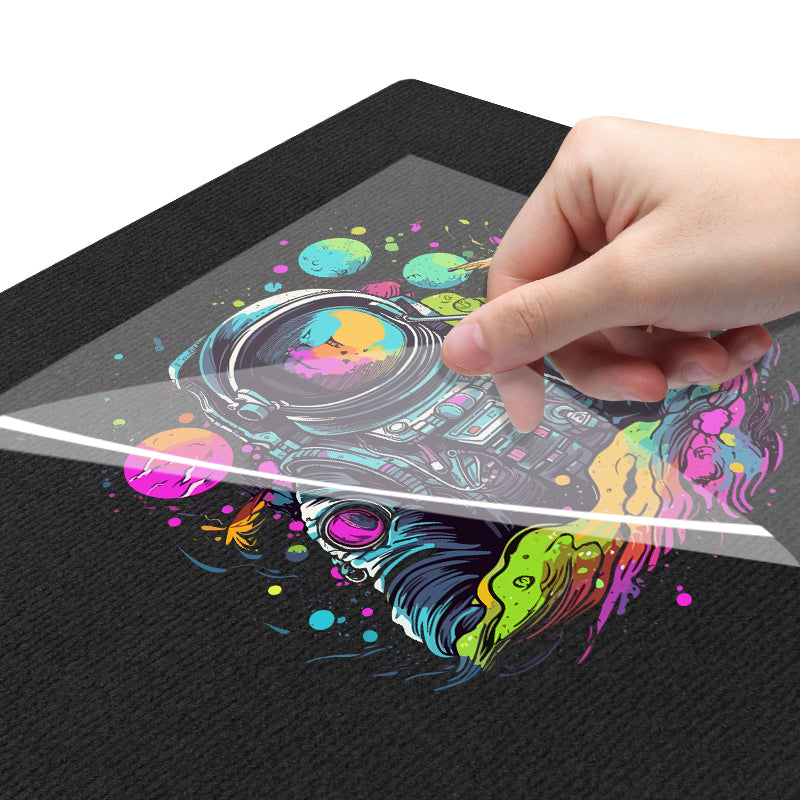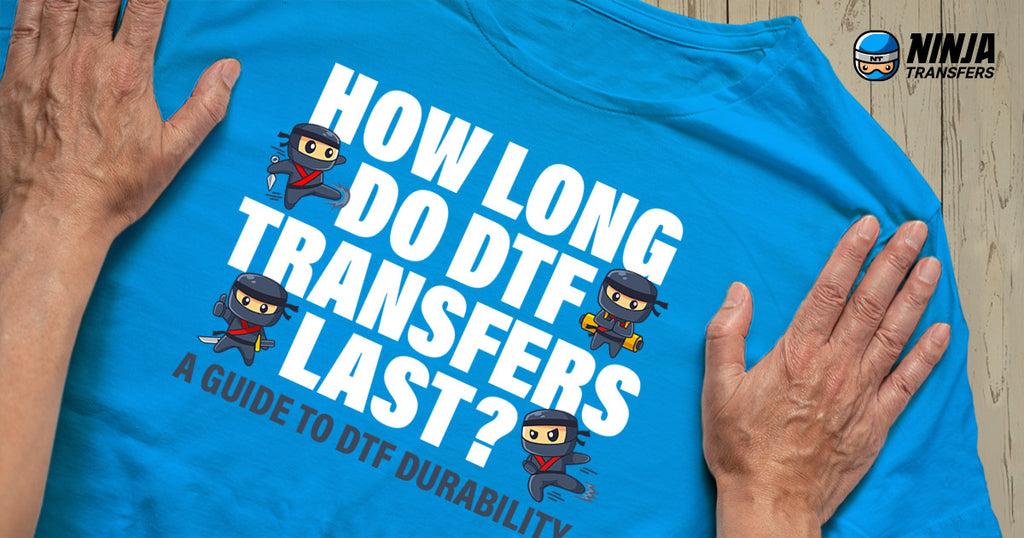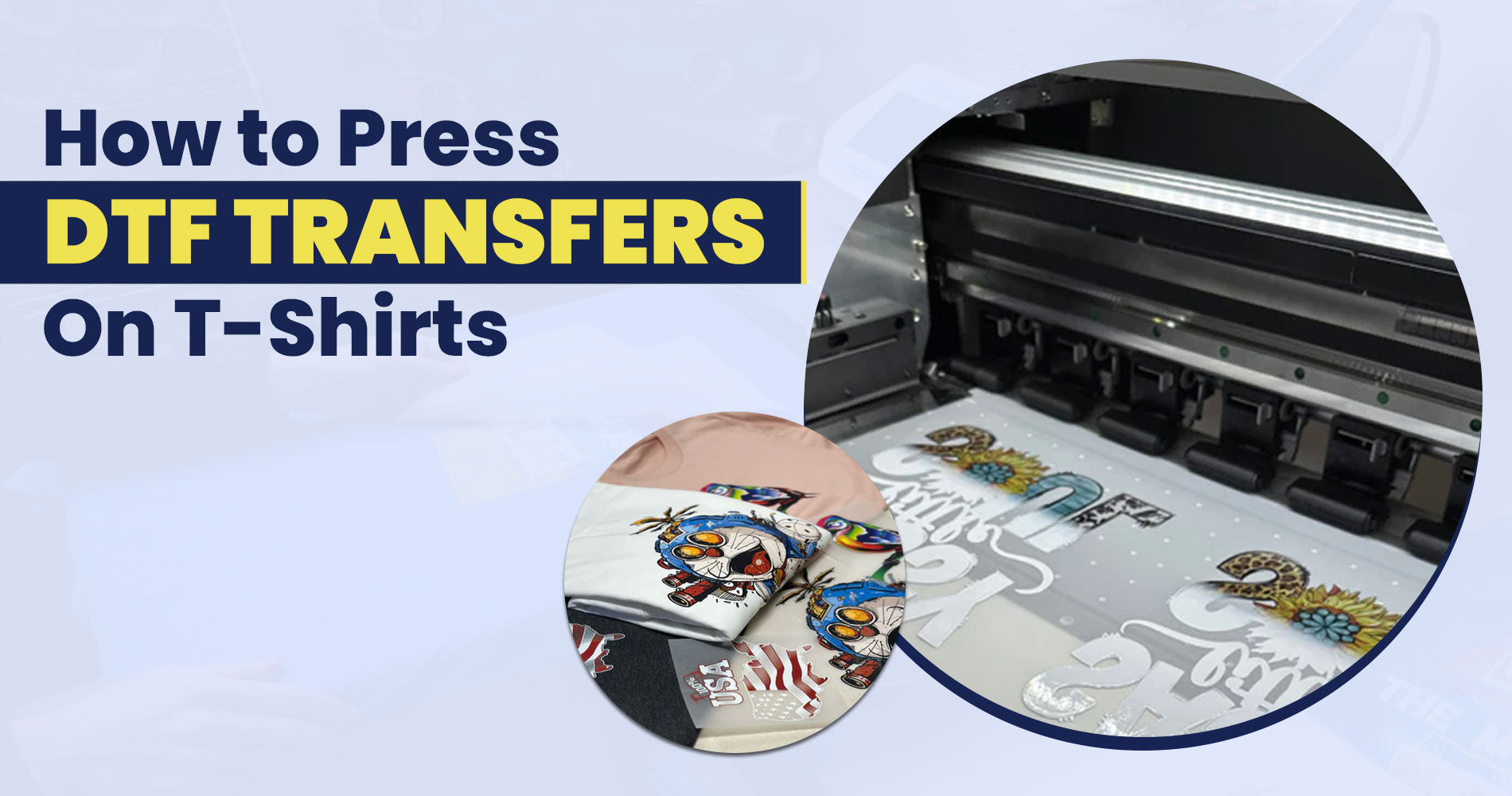
What is DTF Transfer?
Share
Introduction to DTF Transfer
Direct to Film (DTF) transfer is a revolutionary printing technique that has changed the landscape of textile printing.
Unlike traditional printing methods, DTF transfer involves printing a design onto a special film, which is then transferred onto fabric, typically through heat pressing.
This method has gained immense popularity due to its versatility, ease of use, and high-quality results.
Understanding the DTF Process

The Basic Steps
The DTF process involves several key steps. Firstly, a design is printed onto a special film using DTF-specific ink.
After the printing, the film is coated with a powder adhesive. Once the adhesive is applied, the film is cured or dried to activate the adhesive.
Finally, the film is pressed onto the fabric using heat, which transfers the design onto the material.
The Role of DTF Ink and Film
DTF ink and film are essential components of the DTF transfer process.
The ink is specially formulated to ensure vibrant colors and durability, while the film acts as a carrier for the ink and adhesive.
The quality of both the ink and film plays a crucial role in the final outcome of the print.
Advantages of the DTF Method
The DTF method offers several advantages over traditional printing techniques.
It allows for high-resolution prints with a wide color gamut, is suitable for a variety of fabrics, and does not require pre-treatment of the fabric.
Additionally, DTF transfers are durable, flexible, and can withstand multiple washes without fading.
Applications of DTF Transfer

Versatility in Textile Printing
DTF transfer can be used on a wide range of fabrics, including cotton, polyester, and blends.
This versatility makes it ideal for various applications, from fashion and apparel to home decor and accessories.
Customization and Small-Batch Printing
DTF transfer is perfect for customization and small-batch printing.
Whether it’s for personalized t-shirts, bespoke fashion items, or limited-edition products, DTF allows for high-quality prints without the need for large minimum orders.
Industrial and Commercial Uses
In addition to small-scale applications, DTF transfer is also suitable for industrial and commercial uses. It can be used for mass production of garments and textiles, offering a cost-effective solution for large orders.
Comparing DTF to Other Printing Techniques

DTF vs Screen Printing
Screen printing is a traditional method that involves pushing ink through a mesh stencil onto fabric.
While screen printing is great for large-scale production and solid colors, DTF offers more flexibility in design complexity and is more cost-effective for smaller orders.
DTF vs DTG (Direct to Garment)
Direct to Garment (DTG) printing involves printing designs directly onto fabric.
While DTG is excellent for full-color prints, it typically requires fabric pre-treatment and is limited in the types of fabric it can print on.
DTF, on the other hand, offers greater versatility in fabric choices and does not require pre-treatment.
The Future of DTF Transfer
Innovations and Advancements
The DTF transfer process is continually evolving, with advancements in ink formulations, film quality, and printing technology.
These innovations promise to further enhance the quality, efficiency, and sustainability of DTF printing.
Sustainability Considerations
As with any printing technique, sustainability is a key concern. The industry is moving towards more eco-friendly inks and processes, reducing the environmental impact of DTF printing.
This includes using water-based inks and recyclable materials.
Conclusion

Direct to Film transfer is a game-changing technology in the world of textile printing.
Its versatility, ease of use, and high-quality output make it a preferred choice for both small-scale customizations and large-scale productions.
As technology advances, DTF transfer continues to evolve, offering exciting possibilities for the future of textile printing.

